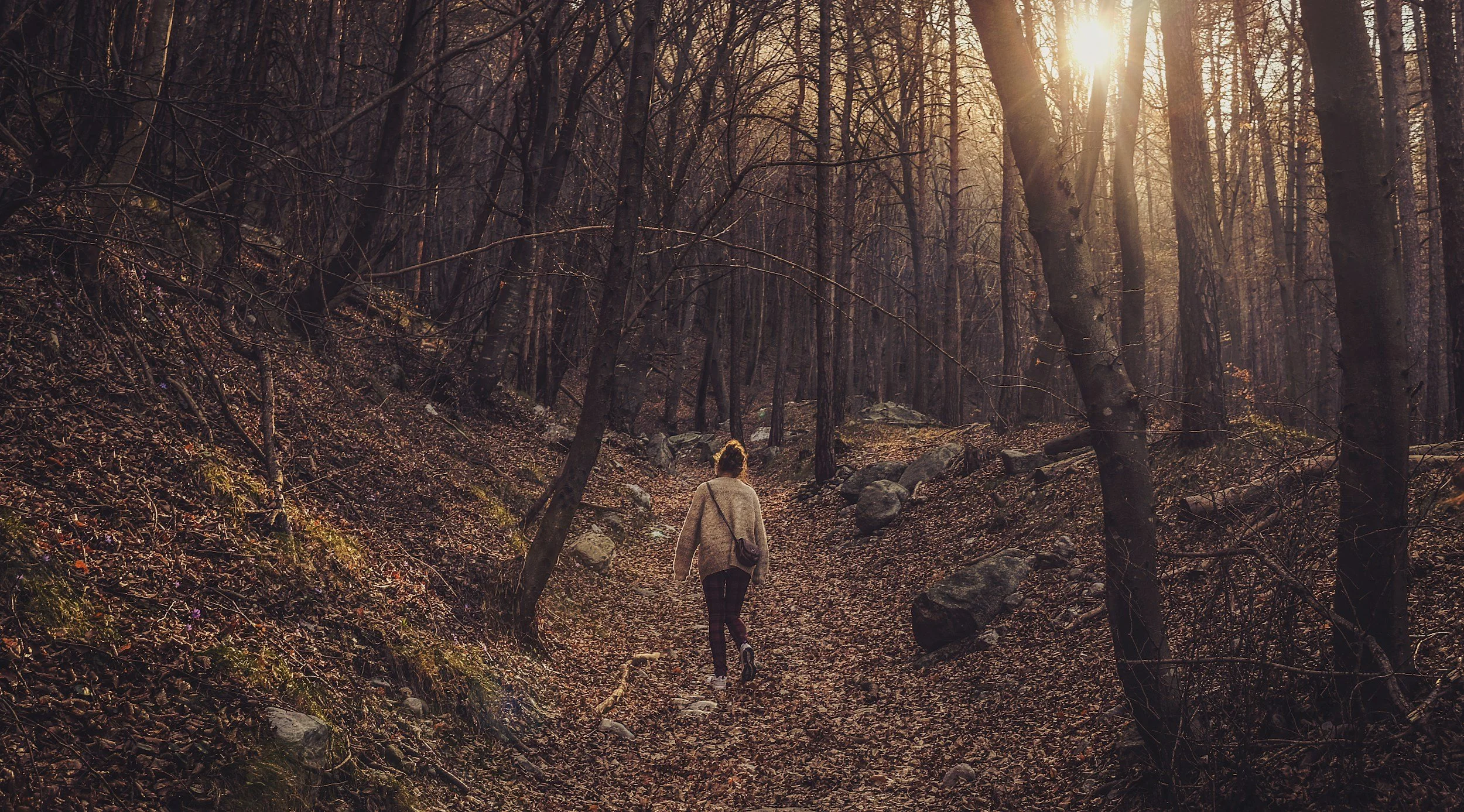We’re So Self-Absorbed Because We’re Lonely: The Paradox of Social Media and Isolation
At a time where social media dominates our daily lives, it’s easy to get caught up in the cycle of comparison, validation, and self-presentation. With just a few clicks, we can post photos, share our thoughts, and connect with people around the world—but something is missing. Despite the abundance of online interactions, many of us still feel profoundly disconnected. In fact, our overactive engagement with social media might be one of the reasons we’re becoming more self-absorbed, not more connected.
It’s a paradox that many of us feel lonelier than ever, even with hundreds or even thousands of “friends” at our fingertips. Research shows that social isolation is on the rise, with more people reporting feelings of loneliness and disconnection, despite being more digitally connected than ever before.
This loneliness is not necessarily about physical isolation, but about emotional and psychological distance. We may be surrounded by people online, but the quality of our connections has suffered. The superficiality of online interactions, the curated images of perfect lives, and the endless cycle of comparison leave many feeling like they're on the outside looking in.
So, why does this loneliness lead to self-absorption?
When we feel lonely, we instinctively turn inward. We start searching for validation, recognition, and approval because we’re trying to fill a void that comes from a lack of meaningful connection. This is where social media becomes a double-edged sword.
On one hand, social media offers a way to connect. It gives us the opportunity to engage with others, share our experiences, and even form relationships. But, on the other hand, it can often amplify feelings of loneliness. We’re constantly comparing ourselves to others, measuring our worth based on likes, shares, and comments. We craft our online personas, but in doing so, we become more focused on how we’re perceived rather than how we truly feel or who we are. This shift from authentic connection to performative connection increases our sense of isolation rather than alleviating it.
The problem with social media isn’t that it connects us; it’s that it often connects us in ways that are shallow and impersonal. We might "like" someone’s post, but we rarely engage in deep, meaningful conversations. We may scroll through friends’ pictures, but we’re not actually sharing our own vulnerabilities or experiences in return. Over time, this creates a sense of disconnection. We see everyone else’s curated lives but fail to show the full, unfiltered version of ourselves.
True connection—emotional intimacy—is built on vulnerability, empathy, and time spent together. Social media, by design, encourages the opposite: brief, often surface-level interactions that prioritize performance over authenticity. This leaves us feeling seen, but not necessarily *understood.* And when we don’t feel truly understood, the loneliness creeps in even more.
Self-absorption is a natural response to loneliness. When we feel unseen or unimportant, we tend to focus more on ourselves—our image, our thoughts, our need for validation. This isn’t inherently a flaw in character, but a response to unmet emotional needs. If we aren’t getting the genuine, empathetic connection we need, we start to turn inward in search of the validation we crave.
In fact, social media encourages this self-obsession, not only by giving us a platform to constantly broadcast our lives, but also by making us the audience of others’ broadcasts. We’re caught in a cycle of “look at me” and “look at you,” but rarely do we stop to actually *be* with someone—to listen, to engage on a deeper level, or to simply be present.
If loneliness is driving our self-absorption, the antidote is not to abandon social media entirely, but to redefine how we use it. It’s about shifting the focus from quantity to quality in our interactions, being more intentional about how and why we engage with others.
Here are some ways to break the cycle:
1. Shift from Performance to Authenticity:
Instead of curating posts that show only the highlights of your life, allow space for vulnerability. Share moments of struggle, ask for help when you need it, and let people in on the parts of your life that aren’t so polished. Authenticity is the key to building real, meaningful connections.
2. Engage Meaningfully:
Don’t just scroll passively. Take the time to comment thoughtfully on others’ posts, engage in conversations, and check in on friends or acquaintances you haven’t heard from in a while. Real connection requires effort, and sometimes that means stepping beyond the surface.
3. Take Breaks from Social Media:
The constant influx of information can be overwhelming. Set aside time each day to unplug. Use this time to reconnect with yourself—whether that’s journaling, spending time outdoors, or having a face-to-face conversation with someone who makes you feel truly seen.
4. Focus on Offline Relationships:
Social media can’t replace in-person interactions. Make time for real-world connections with people you care about. Even if it’s just a phone call or a coffee date, these small moments of human connection can go a long way in alleviating feelings of loneliness.
5. Cultivate Self-Compassion:
Instead of relying on external validation, start practicing self-compassion. When we stop seeking approval from others, we begin to connect with ourselves on a deeper level.
In the end, social media is neither inherently good nor bad—it’s how we choose to use it that matters. If we want to combat loneliness, we need to be intentional about our online behavior. Only then can we break free from the cycle of self-absorption and find the real connection we’re all yearning for.




